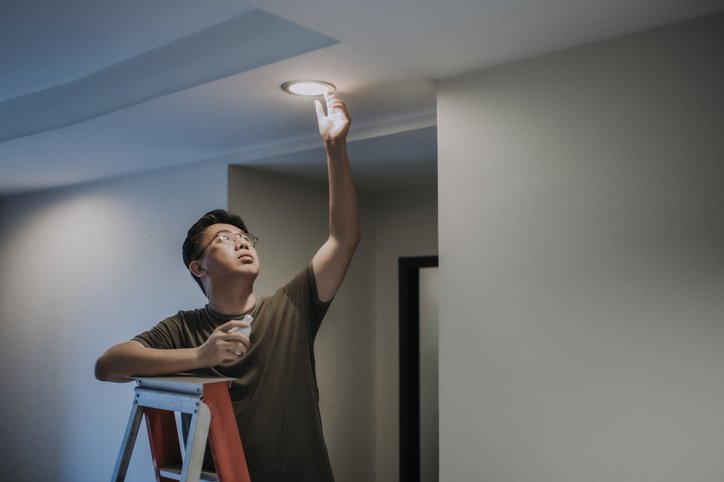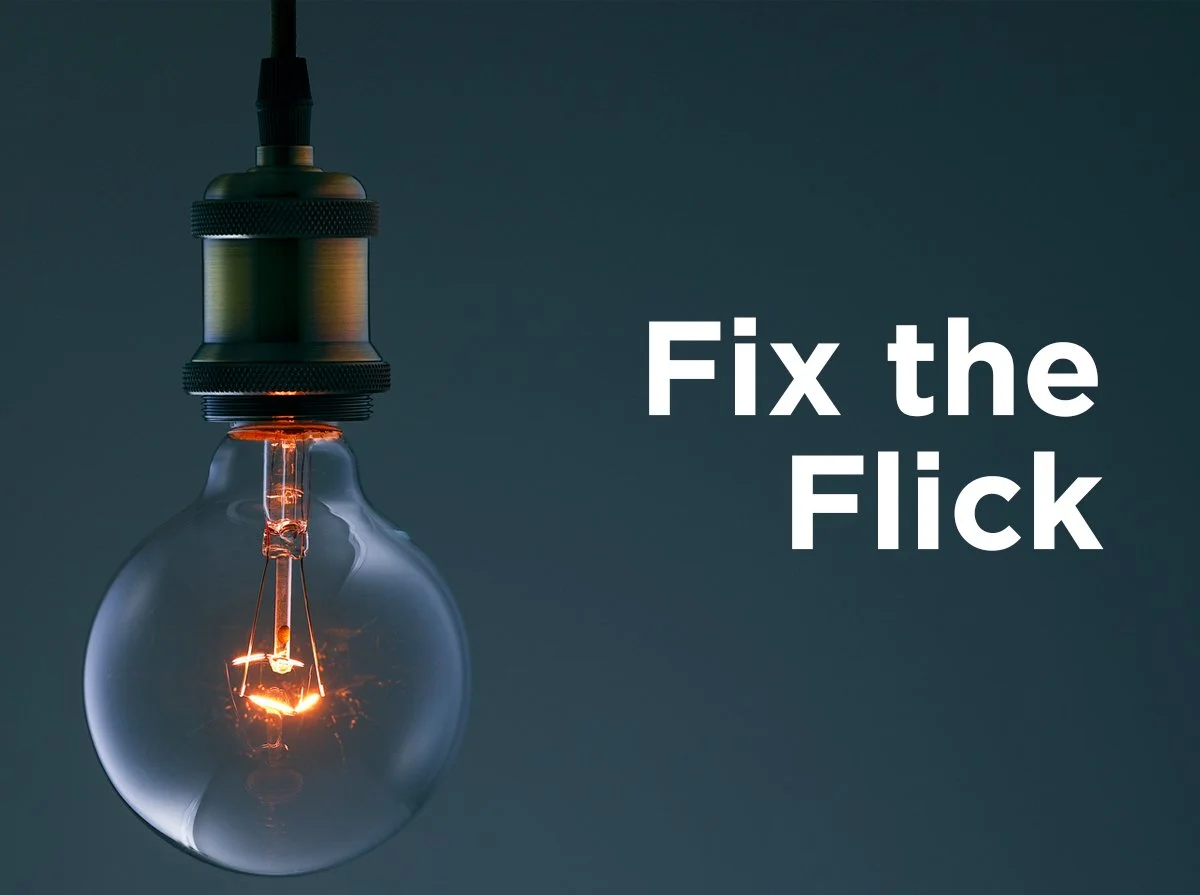Tenants Shouldn’t Be in the Dark: When Should the Landlord Change the Light Bulb?
Tenants shouldn’t be in the dark, physically or metaphorically, when it comes to determining who is responsible for changing light bulbs in their rental home or unit. Unless the lease mentions it specifically, this maintenance job often falls into a gray area.
While changing a light bulb is relatively easy and inexpensive, some situations call for the landlord to be the one who changes the bulb. Let’s look at five scenarios where landlords would be responsible for the job.
If the Task is Difficult
Changing a light bulb is usually easy, hence the multitude of “how many [nouns] does it take to change a light bulb?” jokes, but the truth is that the task could fall to the landlord or someone more qualified. If the unit contains a special lighting fixture or a fixture in some hard-to-reach place, the landlord should be the responsible party. Once the light bulb is changed, it should not come as a surprise if the tenant is billed. The landlord might have to hire a maintenance worker, and that cost would likely fall to the renter.If the Light Bulb is in an Appliance
If the light bulb is in an appliance that belongs to the landlord, the task should fall to the owner of said appliance. Likewise, if the appliance belongs to the renter, the renter is responsible for its maintenance.If Energy Efficiency is Important
As more and more people become environmentally conscious, sustainability is a common selling factor for the tenant as well as an ethical practice for the landlord. If the landlord has qualified for a lighting rebate, then that would mean he or she has received cost savings from the government or utility company for using fixtures that meet the energy-efficiency criteria. A landlord would desire to control what types of bulbs are installed.If Marketing Efforts are Involved
If the landlord has included the electric bill in the cost of the rent to market premium services to the tenants, then he or she would have an incentive to use energy-efficient light bulbs to save money over time. In this case, the landlord would likely elect to manage changing the light bulb along with forking out the cost of the electric bill.If the Light Bulb is in a Common Area
For gyms, hallways, staircases, parking garages, or any other area outside of the rental unit itself that is owned by the landlord, the task of changing the light bulb will always be the responsibility of the landlord or hired maintenance worker.
Tips for the Renter
Hopefully this has shed light on who is responsible for the light bulbs in a rental space. So far, we have discussed when the landlord is responsible, but what about when the job falls on the tenant’s shoulders? Here are some tips for renters to keep in mind:
Buy the Appropriate Bulb
If the tenant is going to live in the rented space for longer than three years – or if the tenant is incentivized by consuming less energy– then he or she should pay more money for a longer lasting Energy Star Certified light bulb. While the tenant pays more up front, the energy and cost savings in the long run are well worth it.Report Any Electrical Issues
It is up to the tenant to pay attention to how long the light bulbs last in the unit and report any electrical issues if they do not seem to be working as they should. In this case, a larger problem might be happening behind the scenes, and the landlord should hire an expert to investigate.
Should the tenant or landlord have any questions about which light bulbs are right for their rental units, the lighting experts at 1000Bulbs are more than happy to assist and can be reached at 1-800-624-4488.









